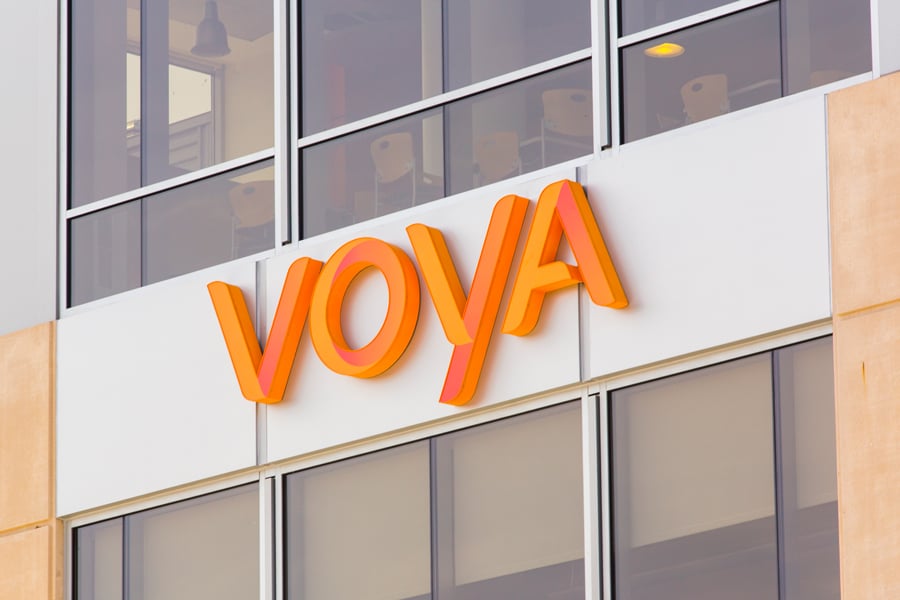

One 401(k) plan provider is making it easier for participants to take early withdrawals and loans amid the COVID-19 pandemic.
Voya Financial will begin rebating fees associated with hardship and COVID-19-specific withdrawals, as well as loan origination fees, the company announced Wednesday.
“We have seen an increase in loans and hardships in early March and expect them to increase in the next several months,” a company spokesperson said in an email. “We recognize that some may have no choice but to access their retirement savings to address the financial challenges that they are facing today. Providing them with withdrawal and loan fee-credits is one way we can help to alleviate their expenses.”
As part of the recently passed Cares Act, defined-contribution plan participants have easier access to their money. People who are affected by COVID-19 can take withdrawals of as much as $100,000 without the usual 10% penalty. The new law also allows loans of up to $100,000.
Voya estimates that the fees it rebates on such transactions could total $10 million to $20 million among its DC plan clients. The company will approve such credits through Sept. 30, according to its announcement.
Voya has also rolled out videos addressing relief under the Cares Act and is making financial professionals available via phone to plan participants, the company stated.
The retirement plan industry supported expanding early access to 401(k) assets, with individual companies and trade groups lobbying Congress to include such provisions.
Advisers agree that retirement accounts represent the only financial resources for some people who have no other funds set aside for emergencies. However, they are cautioning people about taking money from their retirement savings unless it's absolutely necessary, especially in the current market.
“Given the extreme and unprecedented situation around the globe right now, and the financial and other strains placed on the shoulders of many workers, we support efforts to enable temporary increased access to retirement funds,” Alison Borland, executive vice president of wealth solutions and strategy at Alight Solutions, said in a statement. “That said, pulling funds out of the depressed market right now increases the likelihood that any future recovery will not benefit the worker.”
Retirement plan providers should clearly communicate the full range of options available to workers, such as other types of loans and financial counseling, Borland said.
Another asset manager, T. Rowe Price, has begun allowing plans to opt for the early distributions available through the Cares Act, which are distinct from traditional hardship withdrawals in that they do not trigger a 10% penalty, a company spokesperson wrote.
“Once a plan sponsor has opted into the service, participants receive a message, either digitally or via print, notifying them of this option,” the spokesperson said in an email. “We understand that these are unprecedented times and that many participants may need these distributions and have no other options.”

Relationships are key to our business but advisors are often slow to engage in specific activities designed to foster them.

Whichever path you go down, act now while you're still in control.

Pro-bitcoin professionals, however, say the cryptocurrency has ushered in change.

“LPL has evolved significantly over the last decade and still wants to scale up,” says one industry executive.

Survey findings from the Nationwide Retirement Institute offers pearls of planning wisdom from 60- to 65-year-olds, as well as insights into concerns.
Streamline your outreach with Aidentified's AI-driven solutions
This season’s market volatility: Positioning for rate relief, income growth and the AI rebound
